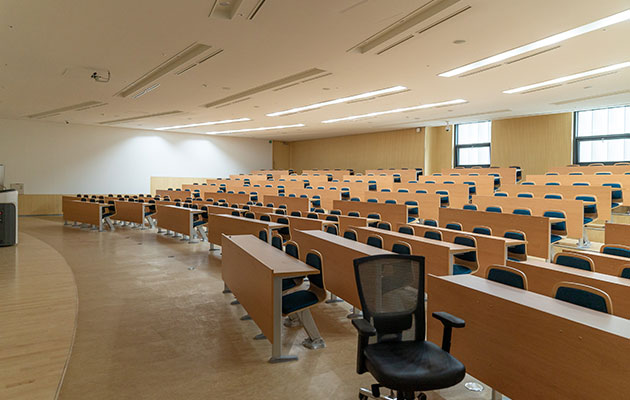-
Articles
Specialized IP Appeal Court
In an ever evolving IP landscape, the recent launch of the Specialised IP Appeal Court on 1 October 2016 shall only serve to make Thailand become more efficient and effective in dealing with IP disputes.
Any appeals that are made against decisions of the IPIT Court rendered on or after 1 October 2016 will no longer be brought before the Supreme Court; rather, they shall be brought before the new Specialised IP Appeal Court. This is expected to lessen the burden on the Supreme Court.
Although, technically, the decision of the Specialised IP Appeal Court is appealable to the Supreme Court; however, this is subject to ‘permission’ being granted by the Supreme Court for the particular matter to be appealed, as prescribed by Section 249 of the Thai Civil Procedure Code (CPC).
Section 249, disctates that the following criteria will be considered in granting ‘permission’ for an appeal to the Supreme Court:
1. The dispute involves matters of public interest or public order;
2. The Court of Appeal’s interpretation of the law is inconsistent with a precedent rendered by the Supreme Court;
3. The Court of Appeal’s decision involves interpretation of a point of law for which there is no precedent;
4. The Court of Appeal’s decision is contrary to a final decision or order rendered by another court;
5. Consideration of the requested appeal would aid in developing legal interpretation; and
6. Other significant grounds as may be set by the President of the Supreme Court.
The standard of review for criminal patent infringement cases is proof beyond a reasonable doubt of the defendant’s intent to infringe; whereas the standard of review for civil patent infringement cases is generally a preponderance of the evidence to convince the judge that over 50 per cent of the plaintiff’s admissible evidence is in the plaintiff’s favour.
This newly established court system is aimed to expedite the decision making process as well as to encourage efficiency of IP decisions. By reducing the number of appeals to the Supreme Court, it is hoped that there will be increased accessibly to justice for litigants.






